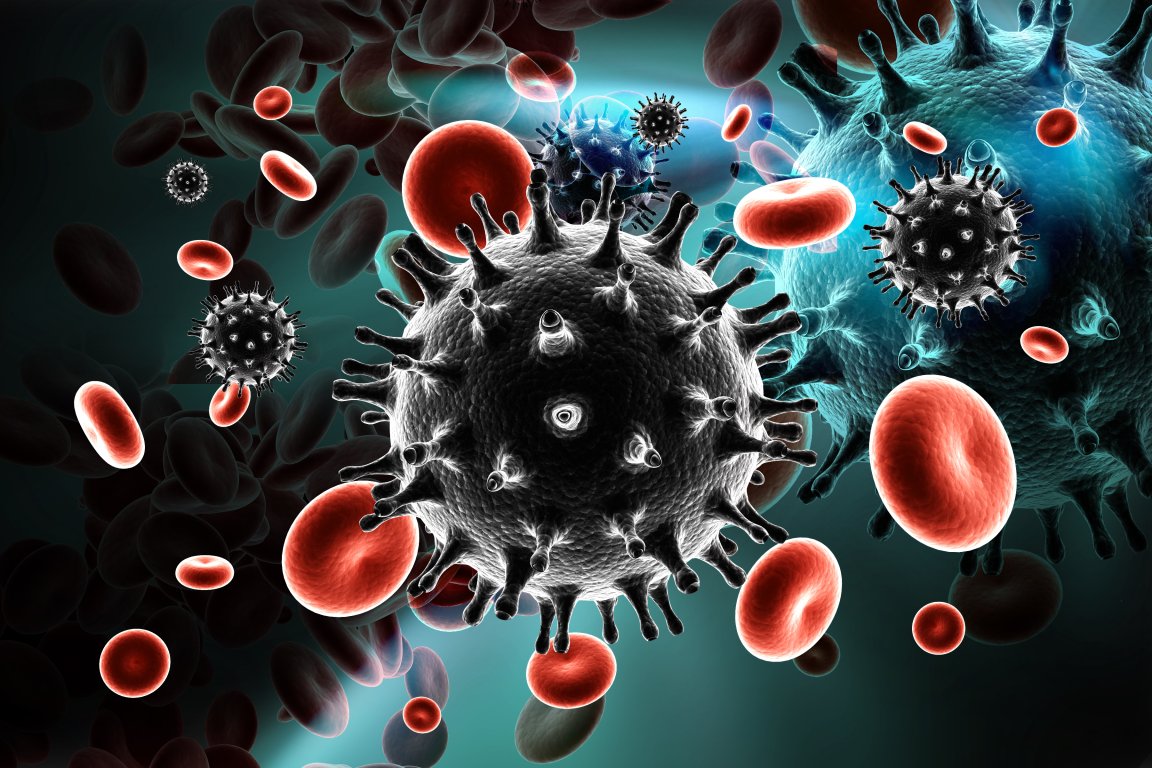
Promising Results
A team of scientists from five universities in the UK may be close to finding a cure for HIV as their experimental drug treatments have caused the virus to vanish from a 44-year-old man’s blood. The patient, who preferred to remain anonymous, said, “My last blood test was a couple of weeks ago and there is no detectable virus.”
In an interview with The Sunday Times, Mark Samuels, Managing Director of the National Institute for Health Research Office for Clinical Research Infrastructure, said, “We are exploring the real possibility of curing HIV. This is a huge challenge and it’s still early days, but the progress has been remarkable.”
The current treatment for HIV is antiretroviral therapy (ART), a series of medications that suppress the growth of the virus. ART, however, cannot spot HIV-afflicted cells that have become dormant but may still reawaken to infect the patient. Professor Sarah Fidler, a consultant physician from Imperial College London, said, “This therapy is specifically designed to clear the body of all HIV viruses, including dormant ones.
The experimental therapy works in two stages. First, because the immune system doesn’t just ignore HIV, it helps the virus reproduce, the patient is treated with vaccines that help the body recognize the HIV-infected cells. Second, the drug Vorinostat is administered to activate the dormant cells so they can be spotted by the immune system.

On The Path To A Cure
HIV continues to be a major global public health issue, having claimed more than 35 million lives so far, and the “cured” man is one of just 50 people currently undergoing this experimental therapy, a small percentage of the estimated 36.7 million people currently living with HIV, only 54 percent of whom know their status.
While the results of the treatment out of the UK are promising, those dormant T cells could still be lurking in the patient, so this new treatment can’t yet be considered a “cure.” However, it is another encouraging step forward on the path to one.
“We will continue with medical tests for the next five years and at the moment we are not recommending stopping Art but in the future, depending on the test results we may explore this,” said Fidlar